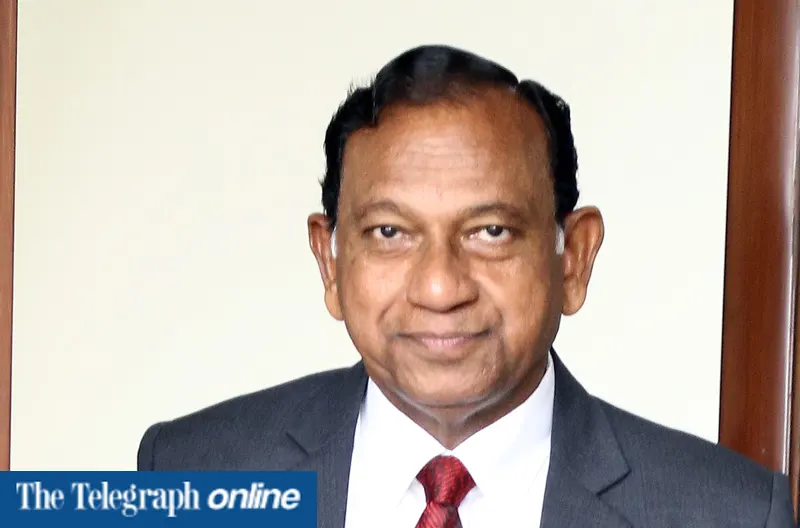The assessment pattern of ISC (Class XII) and ICSE (Class X) 2023 will focus on “Analytical and Critical thinking” to reduce “Rote learning”, Gerry Arathoon, Chief Executive and Secretary of the CISCE, said on Saturday. The ISC exams will tentatively begin in the first week of February next year and ICSE in the first week of March.
Children are used to direct questions but gradually, the question pattern would be such that it would make children think, Arathoon told Metro.
“The assessment pattern for ICSE and ISC will encourage critical thinking. Children will have to come out of the practice of rote learning and teachers would have to prepare them for that,” said Arathoon, chief executive and secretary of the Council for the Indian School Certificate Examinations (CISCE).
“The child has to apply her mind and then answer a question. This has to be implemented at the school level. There has to be more critical and higher order thinking and students should have conceptual clarity,” said Arathoon. The CISCE through a circular in May had announced that the ISC and ICSE would have one exam at the end of the academic year, which is likely to be held in February or March.
On Saturday, Arathoon said ISC will begin before ICSE. The last full-length board exams were held in 2019. In 2020, the exams for all subjects could not be held because of the Covid-induced lockdown.
In 2021, the board exams were scrapped because of a surge in Covid cases. Children were assessed based on their school performance. For 2022, the council introduced two semesters. The first semester exams were conducted in November-December 2021 and the second semester exams in April-May 2022.
The results were published in July. Students in several city schools scored less in accounts and chemistry in ISC 2022 and many schools had complained since the publication of results. When Metro asked the council chief about children not performing according to expectations in some subjects, he said children have to apply their knowledge.
“The questions are not out of syllabus but children have got used to direct questions. When the question is turned around, the child needs to think and answer. A direct question does not give a child scope to think,” he said. The council chief added that despite two years of online teaching and learning, students had done well in the two semester exams conducted for the 2022 batch. The first semester had multiple-choice questions, something which students were not too familiar with, and the second semester included both long and short answer questions. As the assessment pattern will be changed gradually in all subjects, teachers would also have to be accordingly trained to guide the students, Arathoon said. “We will conduct teacher training this year,” he said.

